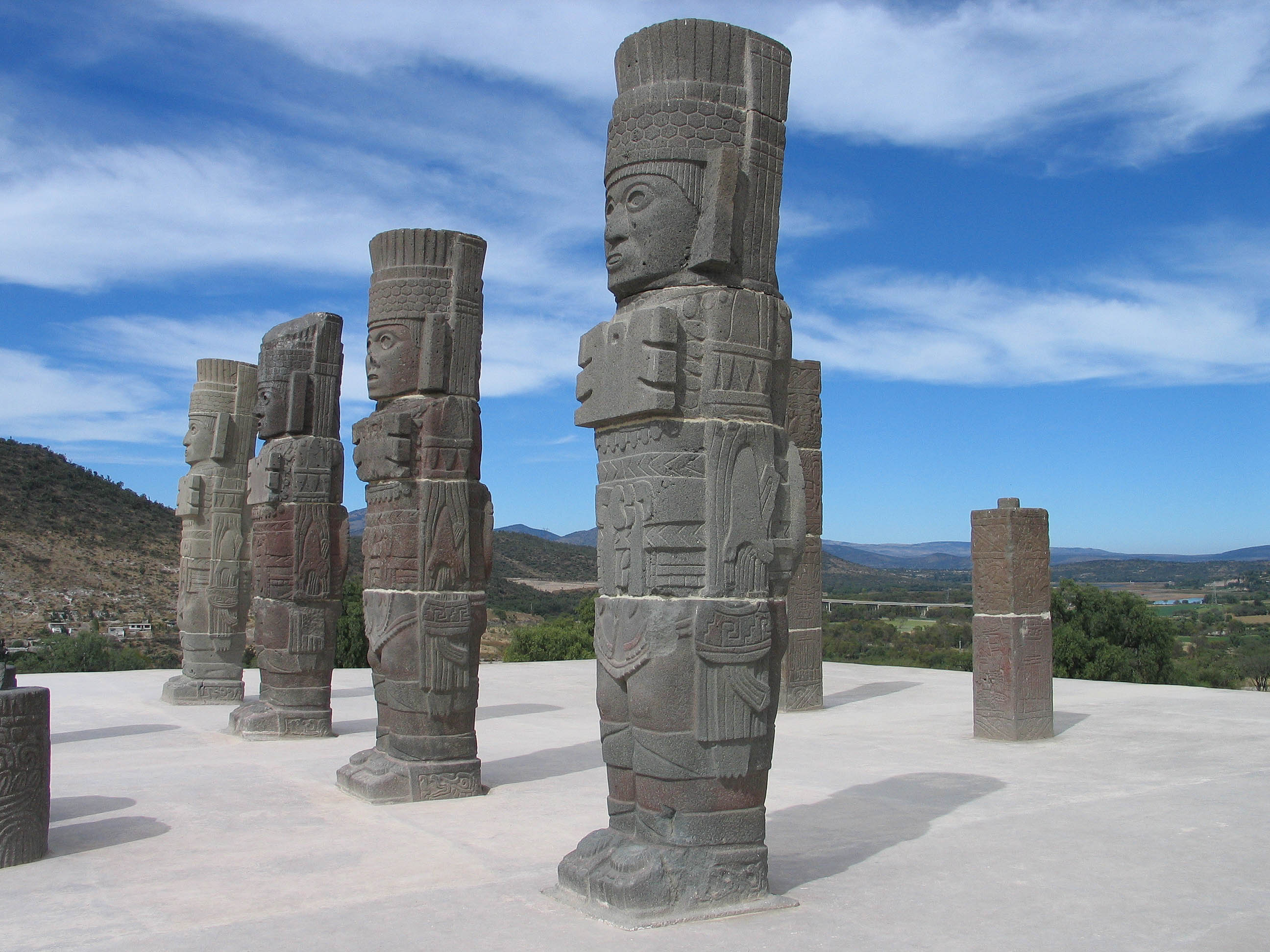All AP Art History Resources
Example Questions
Example Question #1 : Sculpture Of The Americas
The most well known type of Olmec art is __________.
intricate silver jewelry fashioned in complex shapes with gemstones
colossal basalt sculptures that only depict the head of their subjects
large-scale fresco murals depicting massive battle scenes
bas-relief sculptures illustrating the ritualistic Mesoamerican ballgame
colossal basalt sculptures that only depict the head of their subjects
The Olmec civilization dominated what is now Southern Mexico from roughly 1500 BCE to 400 BCE, laying the groundwork for the later civilizations of the Maya and Aztec. The most familiar and most impressive part of their civilization that has survived are basalt sculptures of heads that weigh between 6 and 50 tons, and which took extraordinary coordination to have the stones moved and sculpted into their proper forms.
Example Question #2 : Identifying Artists, Works, Or Schools Of Sculpture Of The Americas
Arguably the most recognizable piece of artwork from Mesoamerica is the Aztec __________. This stone was carved in the mid-fifteenth century and presents different worlds of the sun according to Aztec mythology. This stone was once a part of the Templo Mayor of Tenochtitlan.
Throne
Sun Stone
Altar
Stucco
None of the other answers is correct.
Sun Stone
The Aztec Sun Stone (also known as the Aztec Calendar Stone) is an elaborately carved stone disk that represents a link between humanity and the divine through the current ruler of the Aztec Empire at the time of its carving. It is not a working calendar. It may also have at some point been anointed with blood sacrifices to please the gods the Aztecs believed in.
Example Question #161 : 3 D Art

These stone monuments left behind by the Toltec civilization, which occupied what is now Hidalgo, Mexico, are an example of which type of monument frequently found in Pre-Columbian architecture and sculpture?
Zapotec Guardians
Atlantean figures
Aztec Warriors
Toltec Guardians
Warior Totems
Atlantean figures
Atlantean figures have been found in various different areas of pre-Columbian Mesoamerica, most notably in Hidalgo, Mexico, which was previously occupied by the Toltecs. Their purpose is generally as support pillars. Atlantean refers to the Titan god Atlas, from Ancient Greek mythology, who was doomed to hold up the heavens for all eternity. They are generally carved to represent fierce, bellicose men. When the Aztecs found these pillars after the Toltecs abandoned their city, they imagined that the pillars represented their own gods, and considered the city divine.
Image accessed at: https://commons.wikimedia.org/wiki/File:Telamones_Tula.jpg
Photograph by Luidger
All AP Art History Resources




